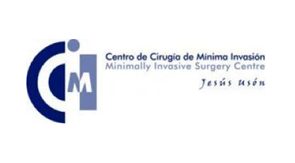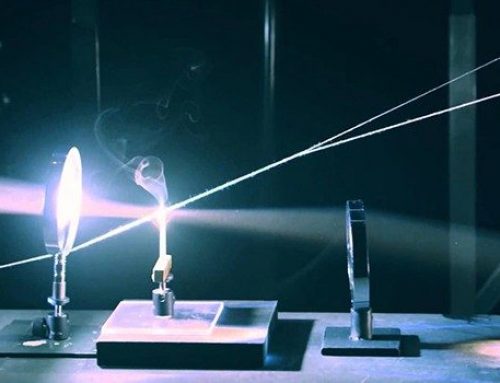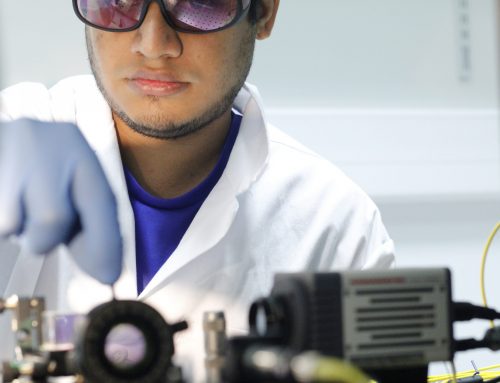Project Description
PICCOLO

Project Description
Colorectal cancer represents around one tenth of all cancers worldwide. Early and accurate diagnosis and precise intervention can increase cure rate up to 90%. Improved diagnostic techniques with enough sensitivity and specificity are required to allow in situ assessment, safe characterization and resection of lesions during clinical practice interventions.
The multidisciplinary PICCOLO team proposes a new compact, hybrid and multimodal photonics endoscope based on Optical Coherence Tomography (OCT) and Multi-Photon Tomography (MPT) combined with novel red-flag fluorescence technology for in vivo diagnosis and clinical decision support. By combining the outstanding structural information from OCT with the precise functional information from MPT, this innovative endoscope will provide gastroenterologists immediate and detailed in situ identification of colorectal neoplastic lesions and facilitate accurate and reliable in vivo diagnostics, with additional, grading capabilities for colon cancer as well as in-situ lesion infiltration and margin assessment.
About PICCOLO Research
This project has received funding from the European Union’s Horizon 2020 research and innovation programme under Grant Agreement No. 732111. This information reflects only the institution’s view, so the agencies and the commission are not responsible for any use that may be made of the information it contains.

PICCOLO Consortium
The PICCOLO consortium consists of nine international leading research groups. Munster Technological University are involved as a linked third party associated with the Tyndall National Institute. CAPPA, MTU is represented by Dr Stephen Hegarty, lead scientist at CAPPA. His major research interests are semiconductor laser dynamics and laser sensor systems where he has made significant contributions in both an academic and industrial setting.

















